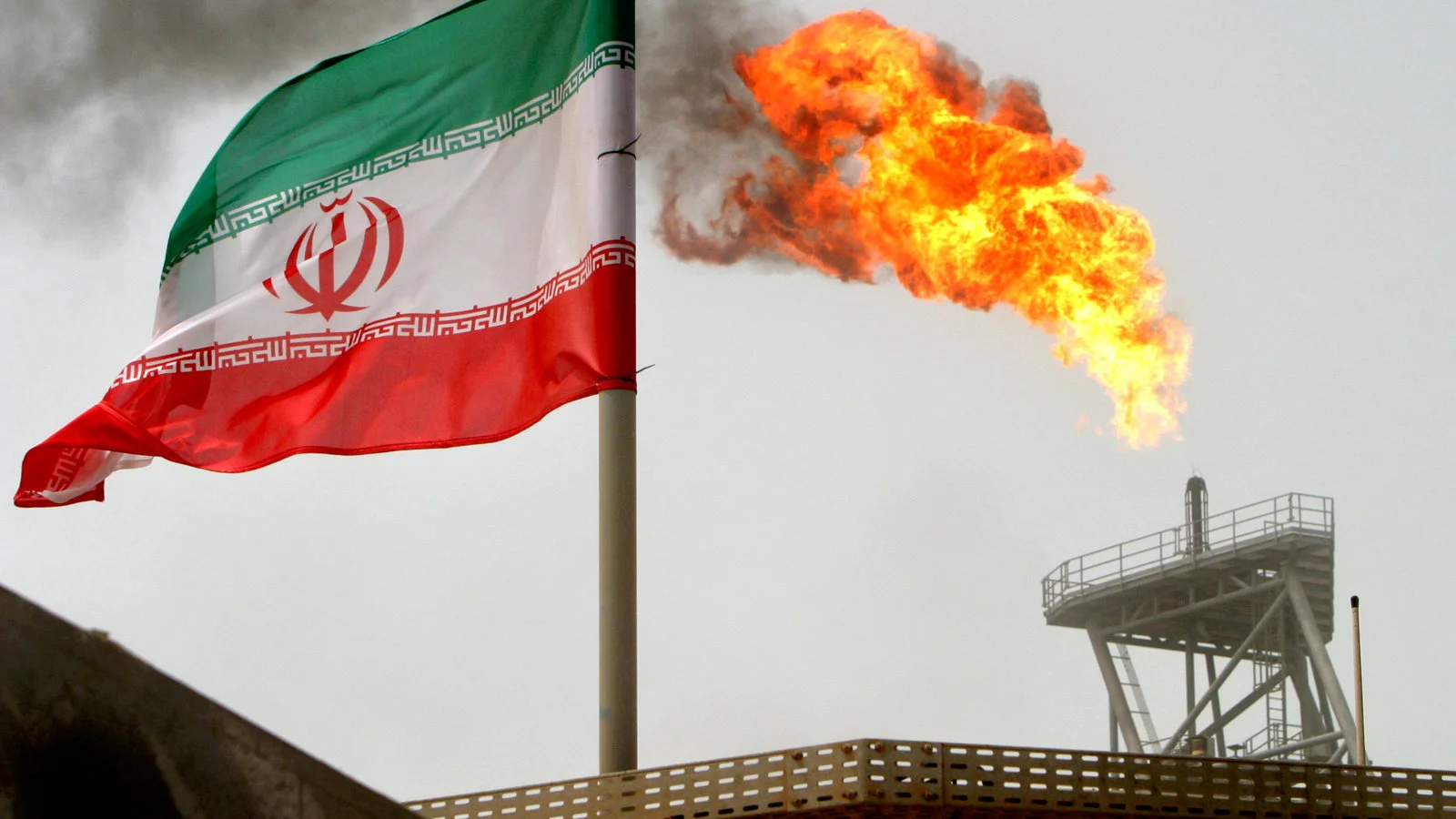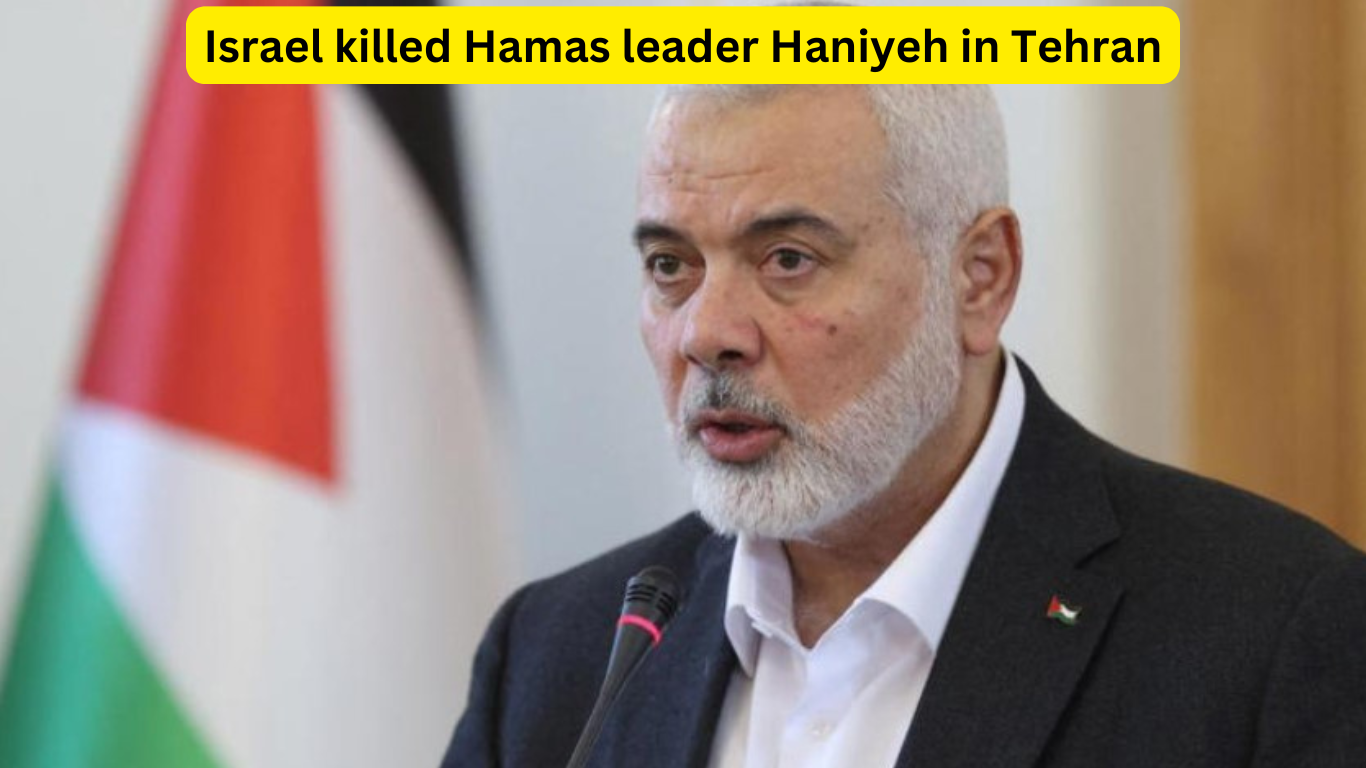Professor Katherine Franke Forced into Early Retirement: A Case of Silencing Pro-Palestinian Voices
Columbia University law professor Katherine Franke has become the latest casualty in the ongoing struggle for academic freedom in the United States. Professor Franke, a distinguished scholar and advocate for Palestinian rights, was forced into early retirement following an internal investigation into her comments about Israeli students and their actions against Palestinian protesters.
This incident highlights a growing trend where voices advocating for Palestinian rights in American academia are silenced under pressure from pro-Israel lobbies.
Professor Katherine Franke: A Distinguished Academic
Professor Katherine Franke, formerly the James L. Dohr Professor of Law at Columbia Law School, is a renowned scholar specializing in gender and sexuality law. She has served as the director of the Center for Gender & Sexuality Law and has been affiliated with the Center for Palestine Studies at Columbia University.
Her early retirement on January 10, 2025, followed an investigation into her alleged “discriminatory” remarks about Israeli students. These students, according to Franke, had engaged in harmful actions, including spraying toxic chemicals on pro-Palestinian protesters after receiving military training in Israel.
Silencing Voices for Palestinian Rights
The investigation into Professor Franke is part of a larger pattern where American universities, under the influence of pro-Israel lobbies, suppress voices advocating for Palestinian rights.
Examples of Suppression:
- Formal Investigations: Scholars supporting Palestinian rights are often subjected to internal investigations.
- Administrative Pressure: Faculty members face public reprimands and job termination threats.
- Student Activism Suppression: Universities curtail student-led pro-Palestine initiatives, creating an environment of fear and self-censorship.
A Broader Crisis in Academic Freedom
This incident is not isolated. Across U.S. universities, faculty members and students face increasing challenges when expressing solidarity with Palestine:
- High-Profile Resignations: Harvard University’s president stepped down under similar pressures.
- Professional Repercussions: Many scholars experience career setbacks, from demotions to outright dismissals.
The Role of Pro-Israel Bias
Accusations of bias against scholars discussing the Israeli-Palestinian conflict have become a tool to stifle dissent. By framing criticism of Israeli policies as discriminatory, these actions create a chilling effect on academic discourse.
Key Observations:
- Targeted Investigations: Investigations often lead to public shaming and professional consequences.
- Institutional Pressures: Universities are pressured by financial and political interests to suppress alternative narratives.
- Erosion of Academic Integrity: These actions undermine the core principle of academic freedom and intellectual independence.
The Need for Academic Autonomy
The growing trend of silencing dissent highlights the urgent need for academic institutions to:
- Protect Academic Freedom: Universities must uphold the right of faculty and students to engage in open and critical discussions.
- Resist External Pressures: Institutions should resist political and financial influences that compromise their integrity.
- Foster Inclusive Dialogues: Encouraging diverse perspectives on contentious geopolitical issues is essential for intellectual growth.
The forced retirement of Professor Katherine Franke is a stark reminder of the challenges faced by those who dare to challenge dominant narratives in American academia. As universities grapple with external pressures, the need to preserve intellectual freedom and independence becomes more pressing than ever.
This incident should serve as a wake-up call for educators, students, and policymakers to stand united in safeguarding academic autonomy and the free exchange of ideas.







